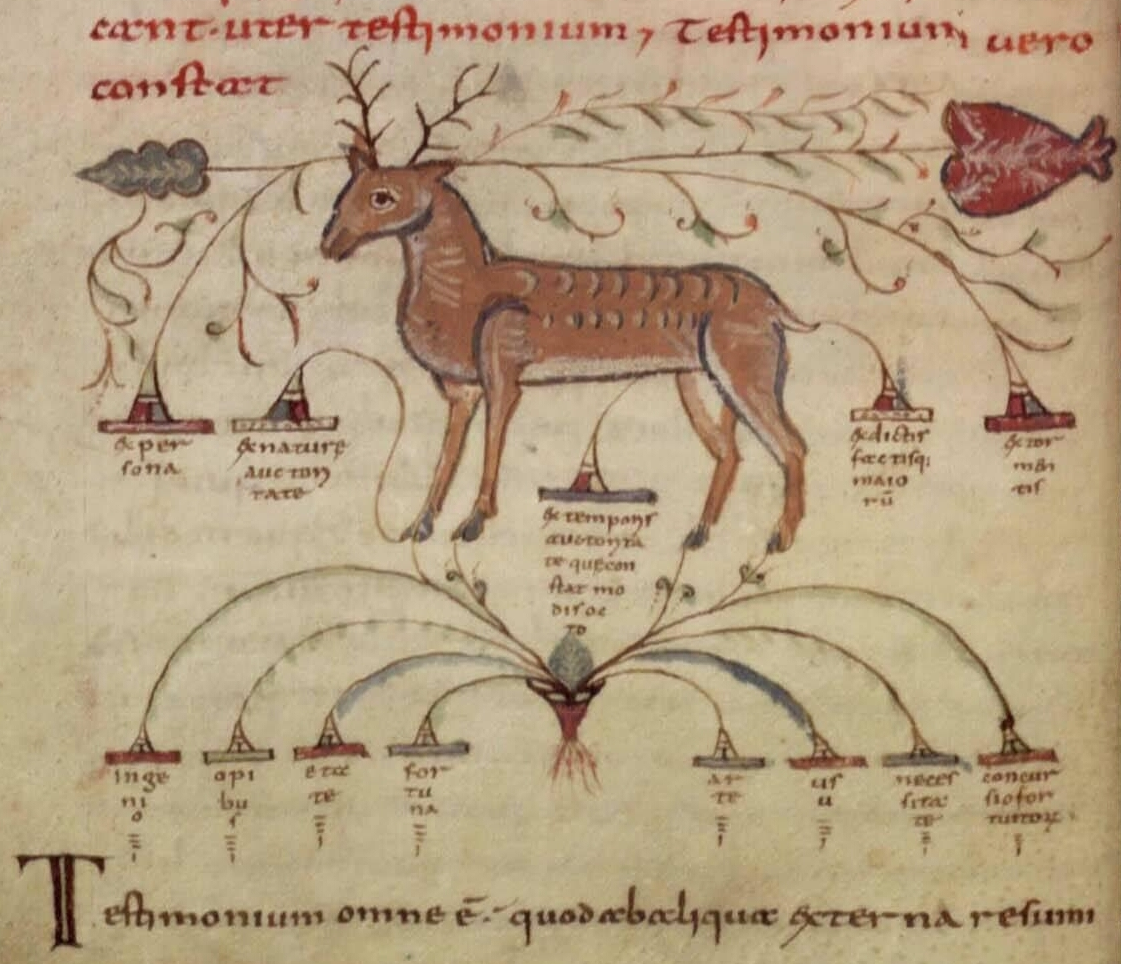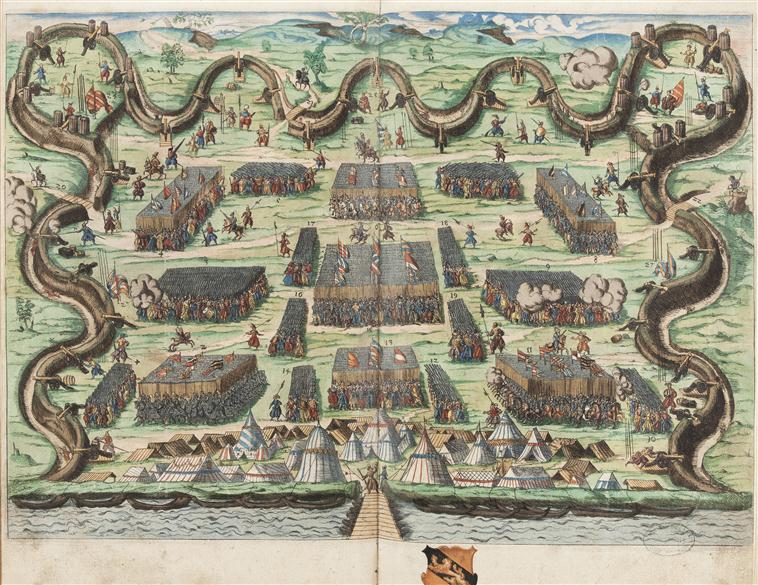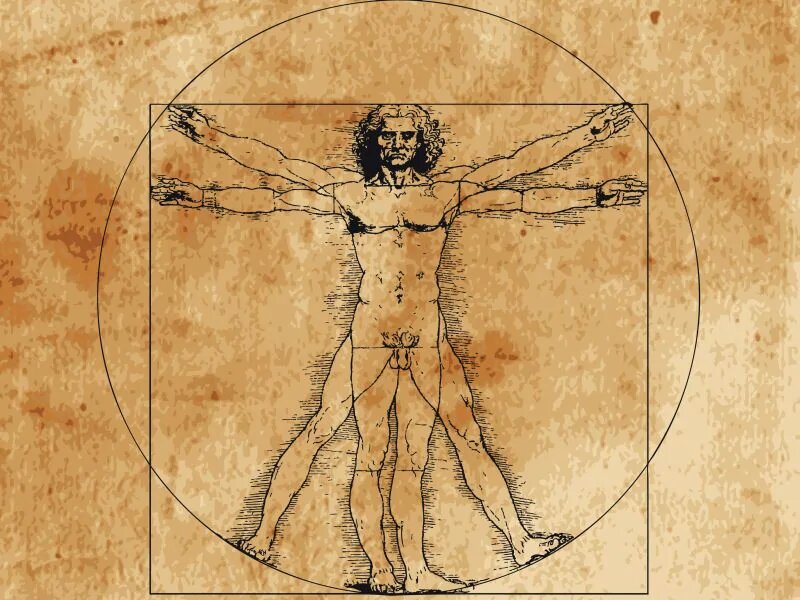History is knowledge in motion. Sapientia (“knowledge”) is a digital project to trace how knowledge developed, circulated, transformed, and was put to use in Europe over many centuries. Funded by the Canadian Foundation for Innovation (CFI), it unites three researchers working on subjects that might seem disparate in space and time, but who all share an interest for the circulation of knowledge: Richard Matthew Pollard in early medieval intellectual history, Benjamin Deruelle in early modern military history, and finally Yves Gingras in (early) modern scientific history, all researchers in the history department, UQAM.
Despite our different backgrounds, each of us is trying build up a picture of knowledge in motion during our respective period by studying how texts were produced, popularised, reused, and translated. Sapientia will build digital infrastructure to facilitate this study: in particular a massive, flexible database of texts (many here digitised for the first time), all specially encoded through an innovative platform. This formidable database will allow us (as well as researchers across the world) to see how thousands upon thousands of texts came to be recopied in manuscripts or reprinted in books (and where and when this happened), or how early theological, military and scientific literature was received, appropriated, and absorbed into the intellectual consciousness across Europe and abroad. Researchers will be able see a snapshot of the texts that really mattered in the ninth century, or the sixteenth, or the nineteenth centuries.
From a broader perspective, Sapientia will ultimately unite three different fields to lay the groundwork for a new, massively quantitative intellectual history of Europe.


